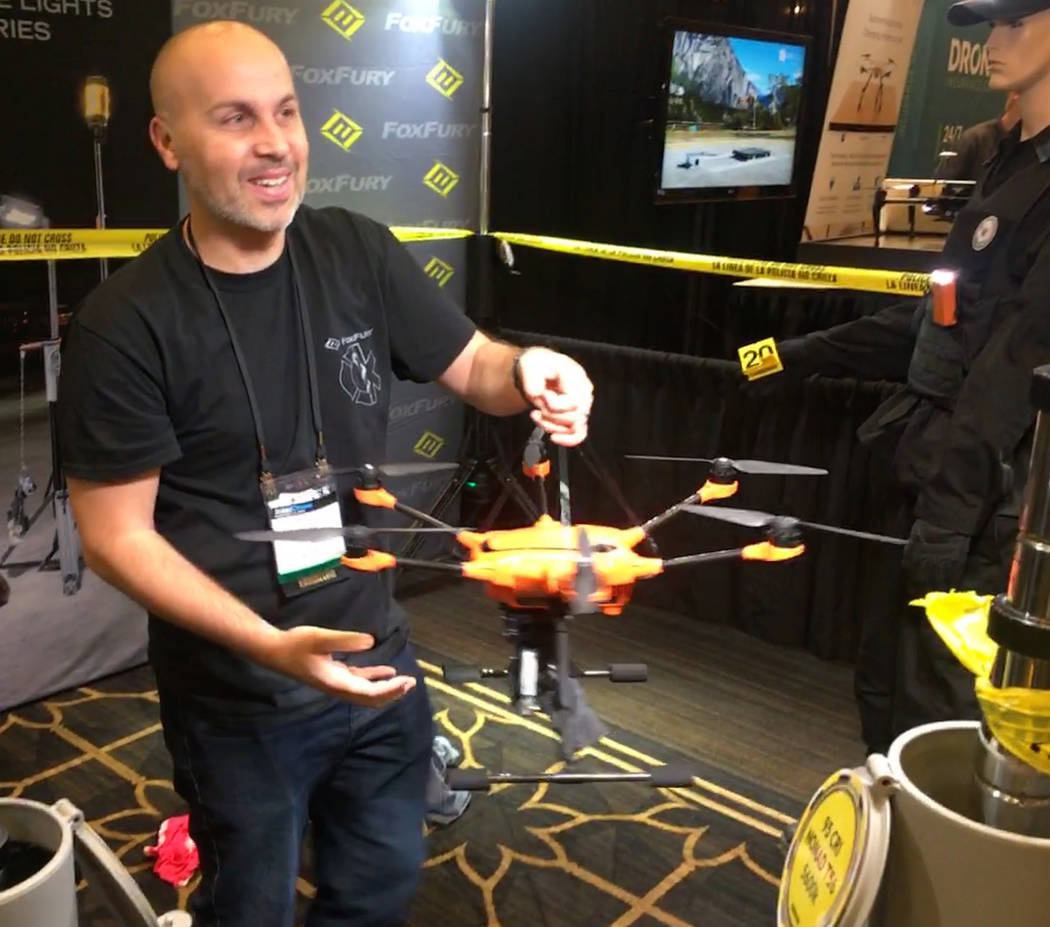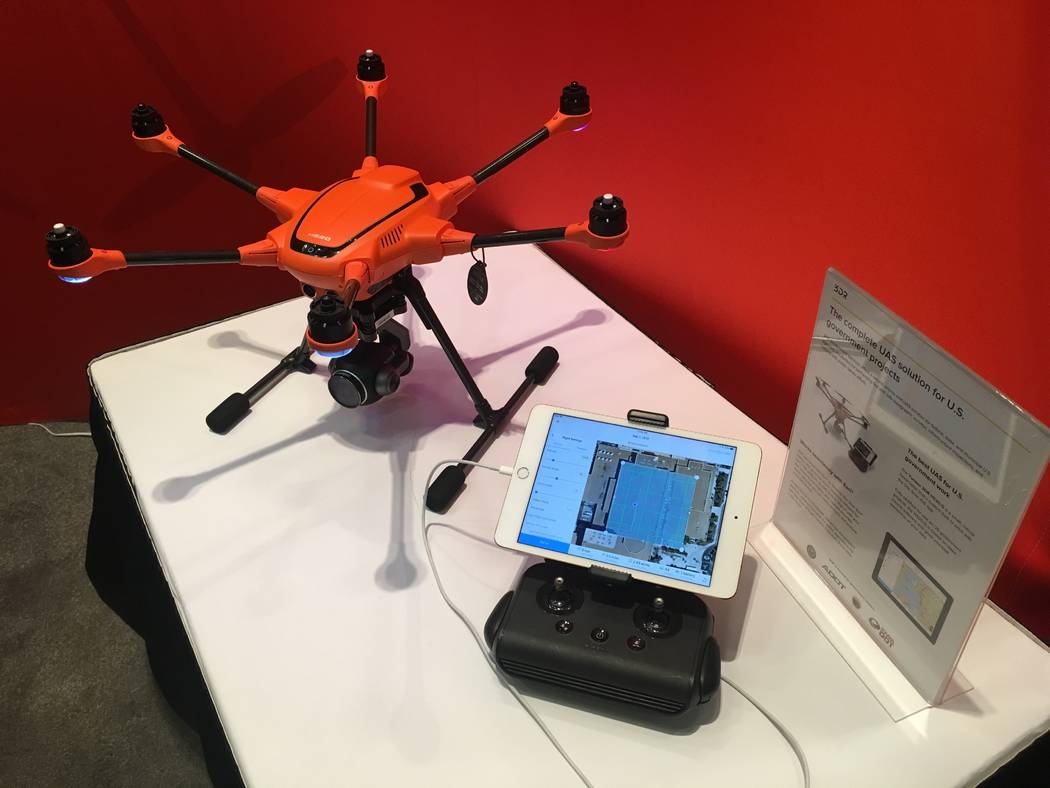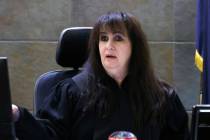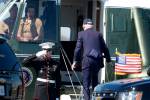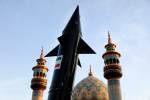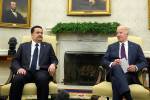Only 5.8 percent of small drone licenses issued to women
The drone industry is in the midst of a boom, with the Federal Aviation Administration expecting the total commercial hobbyist fleet to reach 422,000 by 2021 after only 108,000 in 2017. But there may be one demographic being left behind in the dust: women.
According to data from the FAA, there were 102,769 remote pilot certificates issued for small drone operations as of Sept. 1. Of those, only 5,946 — 5.8 percent — were issued to women.
“Traditionally, aerospace and drones are associated with military or, that’s how the trend has been coming across,” said Sonal Baid, product management team leader for San Francisco-based drone software company Kittyhawk. “We always had this thought that, ‘Oh, it’s a male-dominated industry, there’s not much for women to do.’”
A cultural change
The 2018 InterDrone conference, held at the Rio Wednesday through Friday, addressed these discrepancies with a Women in Drones Luncheon on Thursday and a session titled “The Future is Female — Women in the Drone Industry.”
Still, one panelist at the luncheon pointed out the lack of women representation at the conference; only two of the 15 keynote discussions featured a woman.
“I feel like there’s maybe an eighth of the women here than there are men,” said Janice Engelgau, social outreach specialist for Fruity Chutes, a drone parachute manufacturing company that had a booth at InterDrone. The lack of diversity “only really (impacts me) when I go to shows like this. I’ll sometimes feel like I won’t be taken as seriously as a male employee of my company.”
Baid said the lack of diversity may not be because of a hostile industry, but because of many women’s lack of confidence to enter male-dominated industries. According to the U.S. Department of Commerce’s Economics and Statistics Administration, women held just 24 percent of STEM jobs fields in 2015.
“That’s the thing that needs to come out, helping women feel confident in themselves and making them feel comfortable that there are people who will support you and guide you,” she said.
Others at the conference, like Jasmine Dale, a sales and customer service manager at the Florida-based Drone Launch Academy, said women are more than welcome to join the industry.
“I just don’t know if women are interested,” she said. “I don’t think this industry shoots for women. I don’t think that they actually have their attention.”
Lorena Diaz, director of operations at California-based drone software company 3DR, said the climate women group up in may play a part.
“Whenever you get Legos or robotics (toys), that’s meant to be for boys,” she said. “We are that middle, transformational generation right now where we are realizing women can also excel and women can also be interested.”
Benefits to the industry
More diversity in the drone industry would benefit more than just the new employees. Baid said women can bring a unique perspective to the table and improve product development.
“I’m not sure we’re putting in an effort to make drones women-friendly,” she said. “We don’t have too many women in those hardware companies thinking about, ‘Oh, do I need to do something else? Should I try making this lighter?’ — Or something from a women’s points of view.”
Even though Baid is the first and only woman employee at Kittyhawk, she said she is surrounded by a supportive team that values her opinions. She said it’s important to remember that men can be an asset when working toward equality.
“Men are becoming more and more supportive. They understand our struggles, they understand the tokenism we face and they are trying to help us,” she said. “That’s a story we need to tell. Not all men are bad. Most men are trying to support you.”
Contact Bailey Schulz at bschulz@review-journal.com or 702-383-0233. Follow @bailey_schulz on Twitter.



